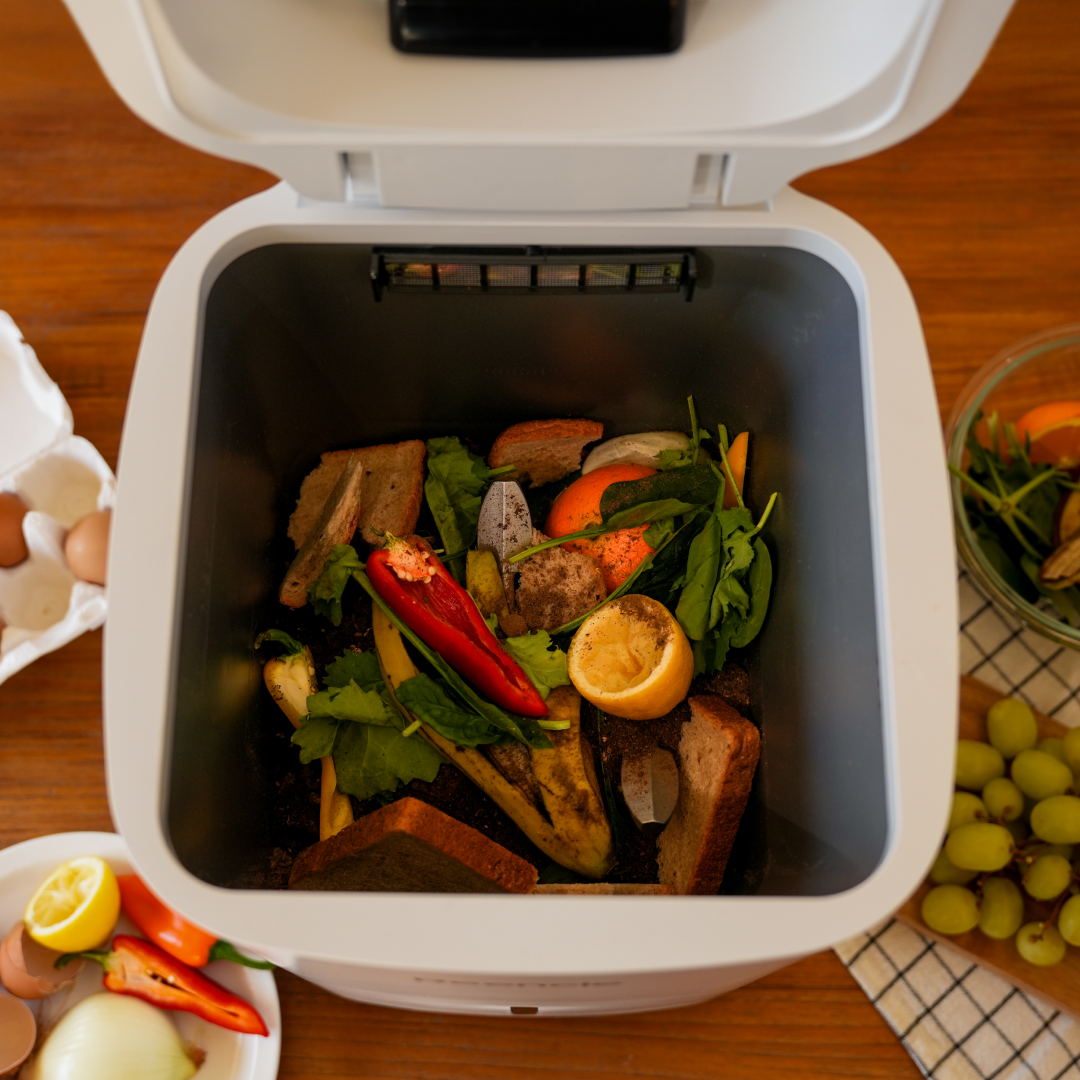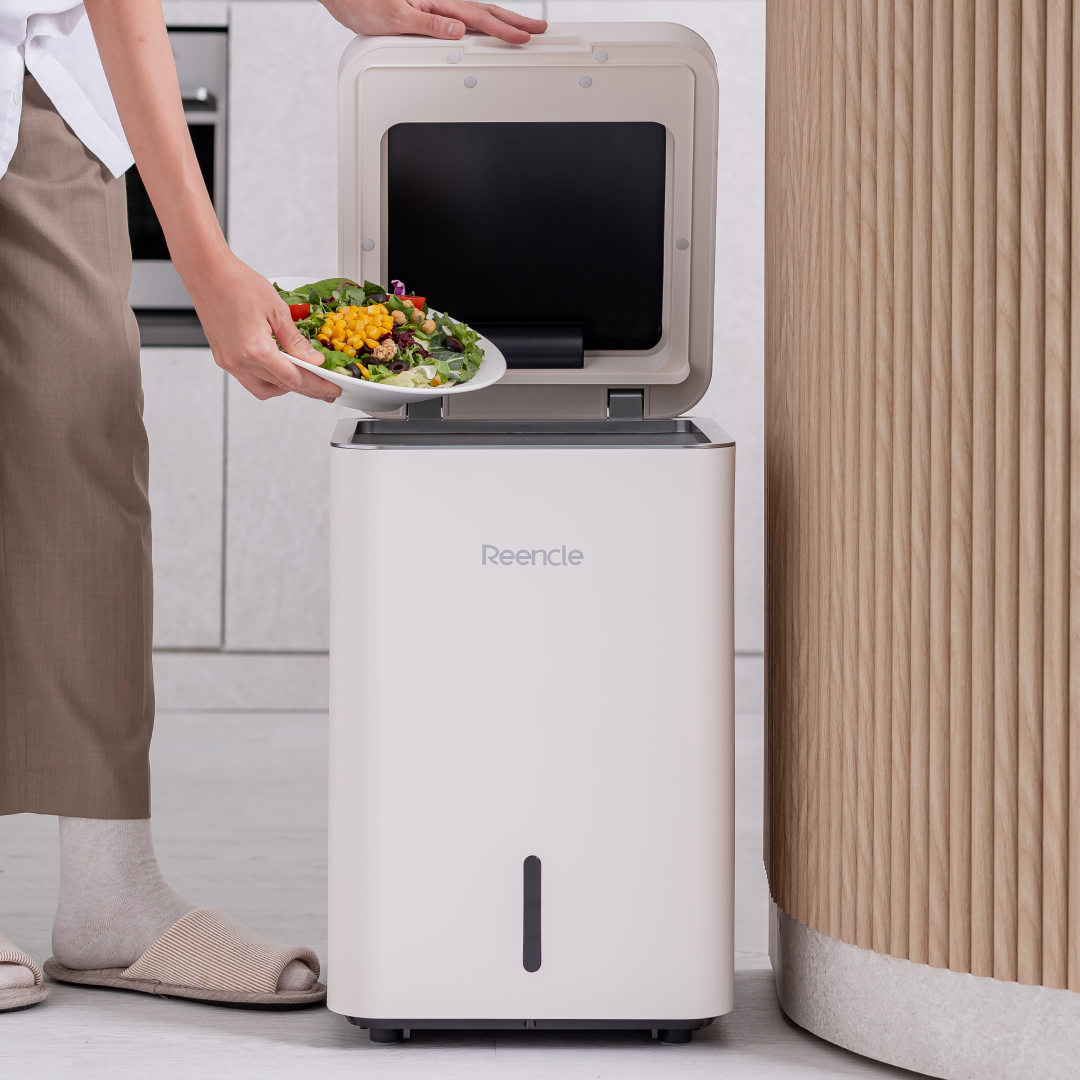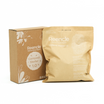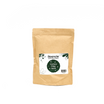Can i Compost Squid?
A Complete Guide


Why does our partnership matters
For every purchase, we plant 1 TREE to nurture our planet 🌲Together, we are sowing the seeds of change and cultivating a greener, more sustainable world.
Anything else?
Anything else?You willl also receive an official certificate from Greenspark as a token of appreciation for your commitment to the environment! 📜
How do we see the progress?
How do we see the progress?Join us on this remarkable journey towards an impact dashboard.You can see how your eco-smart choice made the world a better place
 View more
View more
Your support empowers reforestation, fights climate change,
and paves the way for a brighter, eco-friendly future.
Join us on this remarkable journey towards a cleaner,healthier planet.
Shop with a purpose, shop with Reencle! 🛒💚
The Simple Answer
No: Squid is not recommended for traditional home composting.
While squid is technically organic matter that will decompose, it's not suitable for most home compost systems. Seafood like squid contains oils and proteins that break down slowly, create strong odors, and attract unwanted pests including raccoons, rats, and neighborhood cats.
Benefits of Composting Squid
If you could compost squid successfully, it would provide:
- Nitrogen as a "green" material
- Valuable nutrients including protein and minerals like zinc and copper
- Chitin from the squid tissue, which can stimulate beneficial microbes in soil
However, these benefits are generally outweighed by the significant drawbacks for home composters.
What Happens If You Add Too Much?
Adding squid to a traditional compost pile typically causes:
- Strong, persistent fishy odors that can bother you and your neighbors
- Attraction of rodents, raccoons, cats, and other scavenging animals
- Potential slowing of the composting process due to anaerobic conditions
- Risk of introducing pathogens if the pile doesn't heat up sufficiently
Pro tip: If you're determined to compost seafood waste, consider using a specialized bokashi fermentation system before adding the pre-processed waste to your main compost. This pre-fermentation helps break down the problematic components and reduces odors.
Can You Compost Squid in Reencle?
Yes, but with caution: Squid can be composted in a Reencle, but only in small amounts.
The Reencle's sealed system and specialized microorganisms can handle small quantities of seafood waste better than traditional composting. The contained environment prevents pest issues and helps control odors during the breakdown process.
For best results in your Reencle:
- Cut squid into very small pieces to speed decomposition
- Add only small amounts at a time, mixing with plant-based scraps
- Ensure the lid is properly sealed to contain any odors
- Follow the manufacturer's guidance on seafood quantities
Final Thoughts
While squid isn't suitable for traditional composting, you have several alternatives for disposing of it responsibly:
1. Use a Reencle or other electric composter designed to handle animal proteins (in limited amounts)
2. Consider a bokashi fermentation system as a pre-treatment
3. For larger amounts, municipal composting facilities with hot industrial composting may accept seafood waste
4. When all else fails, dispose of squid in your regular garbage rather than risking pest problems
By being thoughtful about how you handle seafood waste like squid, you can maintain a successful composting practice while still finding ways to reduce your overall household waste.











